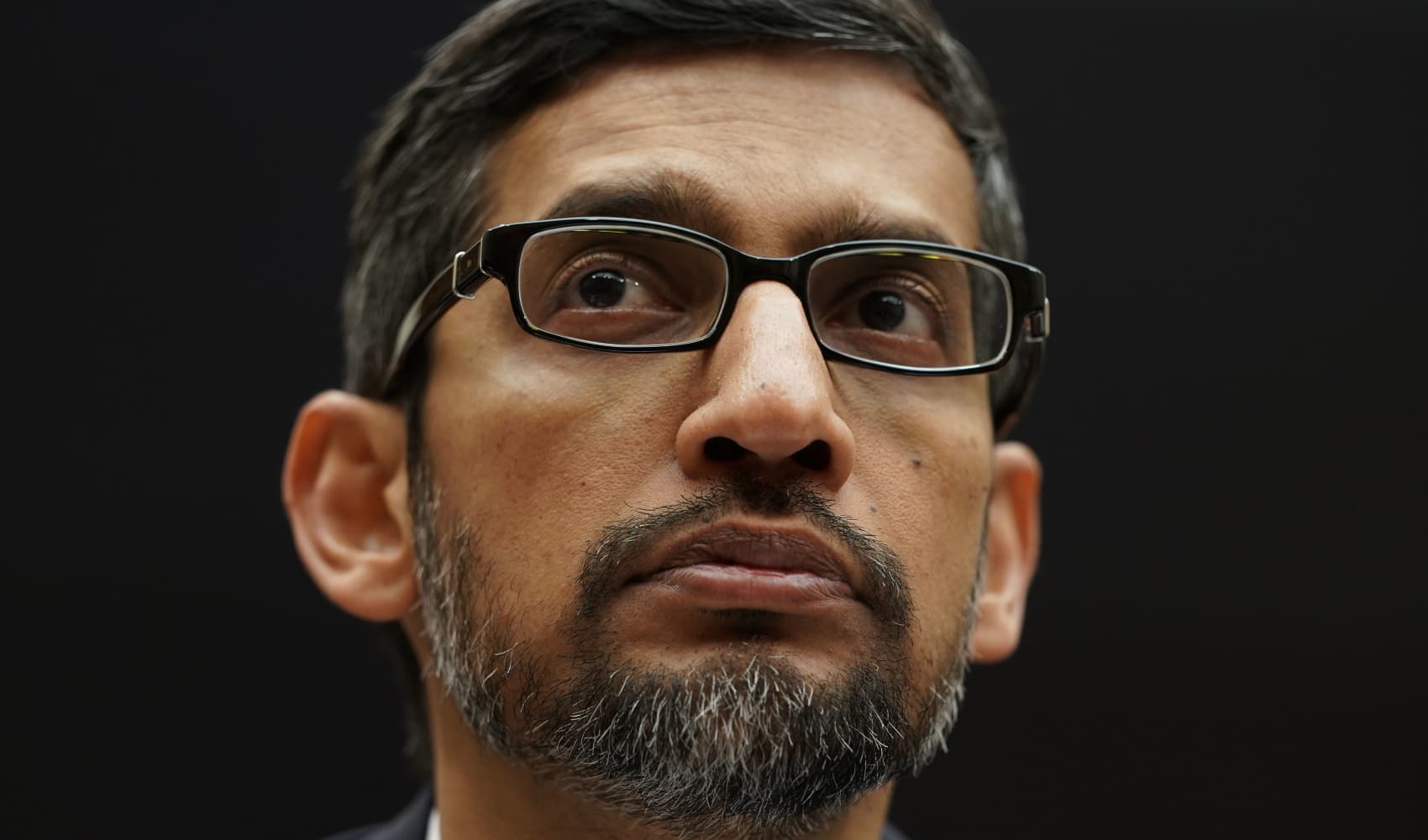
When my son was in kindergarten, his class celebrated Father's Day with a song written by the teachers. It went a little something like: "Oh, my dad is big and strong!"
This chafed against my better judgment. When I told the head administrator that I felt the song was a stereotypically masculine message to impart to young kids, her response was: "Oh, it's just a sweet, harmless song."
But as a father and author of "Better Boys, Better Men," I've spent years studying conversations around gender identity, masculinity and society. I've found that there's one message in particular that many dads are sick of hearing on Father's Day: "Thanks for being our rock."
So this year, instead of telling dads how strong and emotionally bulletproof they are, consider saying: "I'm grateful for the time we get to spend together, and I want to know more about how you're feeling."
We're making it easier for you to find stories that matter with our new newsletter — The 4Front. Sign up here and get news that is important for you to your inbox.
Here's why it's so important to encourage emotional vulnerability in fathers:
1. It improves overall well-being.
Dads are often seen as stoic pillars or financial providers of the family. They might not realize it, but because of these societal messages, many of them find validation in fulfilling these expected roles.
Money Report
But when men consistently show up with an impulse to fix things and "save the day," they fall into a toxic cycle of people pleasing — and as a result, forget to prioritize their own needs.
This kind of behavior, and the habit of repressing emotions, creates a profound sense of detachment — from themselves and from their loved ones. It's a major factor behind why so many men experience loneliness.
2. It deepens family bonds.
There are a couple of ways dads can start opening up more with their children.
Share childhood memories or photographs with your children, and talk about how it felt to be you in that moment. This will help them better understand and relate to you.
Another approach is to start a conversation about all the different ways people can show strength, like through honesty, generosity or gratitude. Talk about who you admire and what positive characteristics you strive to embody.
3. It helps raise more resilient kids.
For all the strides that we've made in conversations about gender, we're still mired in dusty relics of old-school masculinity. (Think: TV shows and movies that depict dads as bumbling babysitters or no-nonsense disciplinarians.)
But we can move beyond these stereotypes by:
- Practicing and modeling nurturing love: Studies show that emotionally present dads raise more resilient and confident kids.
- Showing empathy: Rather than telling them to toughen up, meet your child's meltdowns and tears with listening and affirmation.
- Apologizing when you behaved in a way that you aren't proud of: This models humility, courage and emotional accountability.
Lastly, hug and kiss your kids when they are long past childhood.
Andrew Reiner is a parenting expert and author of "Better Boys, Better Men: The New Masculinity That Creates Greater Courage and Emotional Resiliency." He teaches at Towson University, where he offers the seminar "The Changing Face of Masculinity." Andrew lives with his family and two unruly dogs on a small mountain in Maryland. Becoming a husband and father has been one of the most transformative experiences of his life.
Don't miss:
- I talked to 70 parents who raised highly successful kids—here's the No. 1 parenting style they used
- A psychologist says these 7 skills separate successful kids from 'the ones who struggle'
- Want to sound and confident? Ditch these 11 phrases from your vocabulary, say psychologists
Want to be smarter and more successful with your money, work & life? Sign up for our new newsletter here
Get CNBC's free Warren Buffett Guide to Investing, which distills the billionaire's No. 1 best piece of advice for regular investors, do's and don'ts, and three key investing principles into a clear and simple guidebook.






